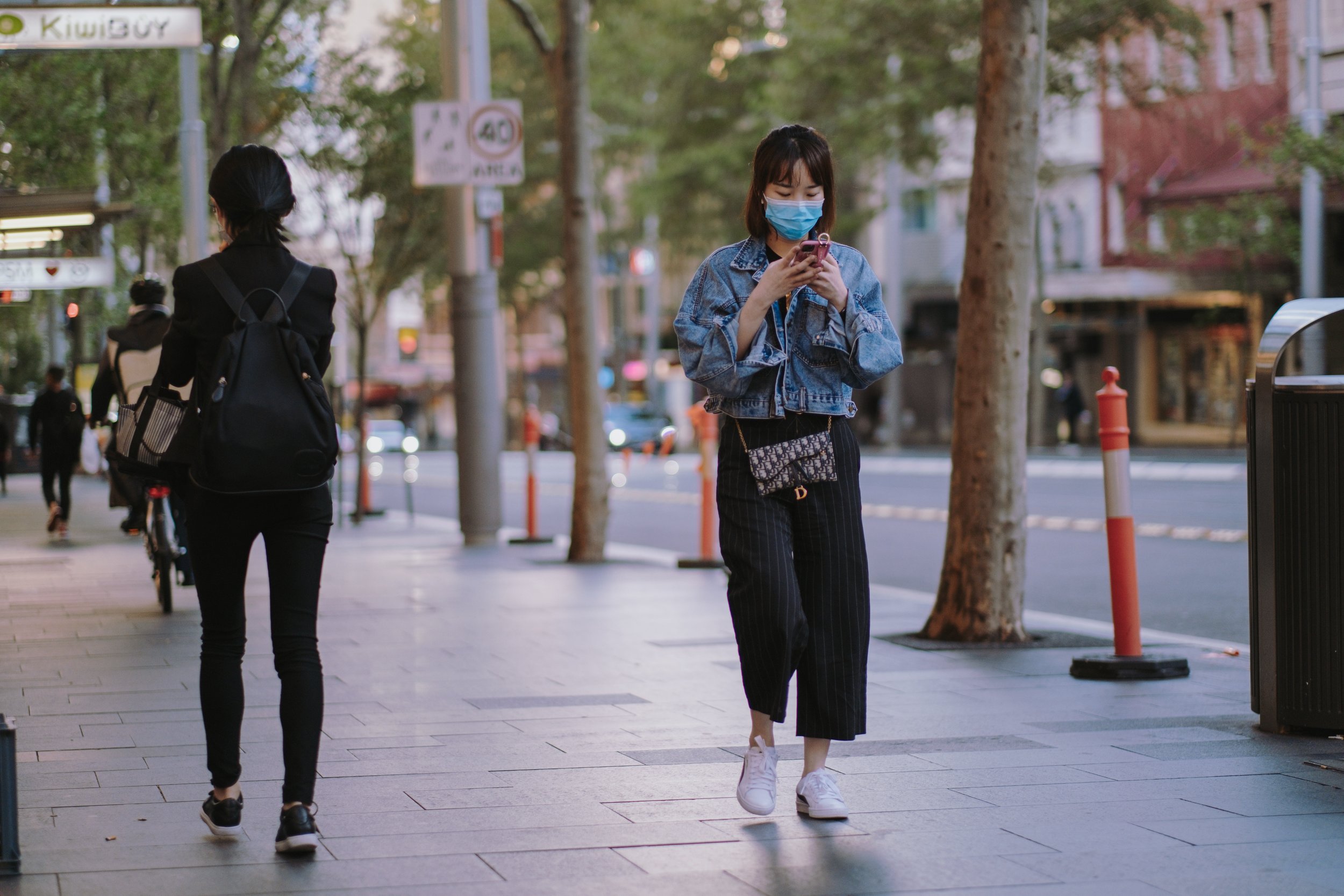What is considered sexual harassment in Singapore
Shailey Hingorani, AWARE Singapore’s head of research and advocacy, talks to us about rape, outrage of modesty, sexual harassment in the workplace, sexual assault in Singapore, and how men can help
Text: Jo
It was while we marked International Women’s Day last month that Sarah Everard’s body was found in a woodland in south London. Her murder sent shock waves around the globe and came hot on the heels of an increase in violence against women around the world in the past year. This, and the countless other sexual offences, sexual assaults and stories of sexual harassment of women was a devastating wake-up call for societies everywhere.
The safety of women and sexual assault cases in Singapore are intensely serious issues. “When the #MeToo movement first emerged in the last quarter of 2017, AWARE’s Sexual Assault Care Centre (SACC) saw a 79% increase in the number of people reaching out as compared to the previous quarter,” says Shailey Hingorani, AWARE's head of research and advocacy.
Rising statistics of sexual assault and sexual harassment in Singapore
Yet the figures on sexual offences continue to rise. From 2017 to 2020, SACC saw 515, 808,777 and 967 new cases. Additionally, earlier this year, Singapore’s Ministry of Home Affairs announced that between 2017 and 2019, there were 6,988 reports of sexual assault in Singapore (towards all sexes), including rape, sexual assault by penetration, outrage of modesty, sexual harassment in the workplace, and sexual offences involving vulnerable victims.
While the numbers are shocking enough, what is heart-wrenching is that the under-reporting of sexual offences is still overwhelmingly common — at SACC, close to 7 in 10 clients choose not to report their experiences to authorities. “Unfortunately, many survivors blame themselves and believe that they somehow deserve their harassment, therefore do not come forward,” explains Ms Hingorani. “In addition, skepticism from others can stop them from speaking out.”
What is considered sexual harassment/sexual assault in Singapore?
According to Singapore’s Sexual Assault Care Centre, sexual assault is offensive, unwanted and unwelcome behaviour of a sexual nature that can happen to both males and females and can include:
Any penetration without consent (vaginal, oral or anal), using any part of the body or object
Any unwanted sexual touching, stroking, kissing, groping
Unwanted sexual requests, messages or gestures, including electronically, in the workplace or elsewhere
Being made to view pornography against your will
Unwanted taking and/or sharing of nude or intimate photographs or videos, e.g. upskirting
Sexual harassment can be verbal, visual and physical:
Cat calls, kissing sounds, howling and smacking lips
Unwanted sexual teasing, jokes, remarks, or question
Whistling at someone
Sexual comments about a person’s clothing, anatomy or looks
Turning work discussions to sexual topics
Sexual innuendos or stories
Asking about sexual fantasies, preferences, or history
Telling lies or spreading rumours about a person’s personal sex life
More in-depth information determining exactly what legally constitutes sexual violence in Singapore can be found at the Protection from Harassment Act (POHA) , or for details regarding sexual offences and sexual assault, go to the government website Singapore Statues Online here.
Aware Singapore: How can we raise awareness?
While being clear on definitions is key, according to Ms Hingorani, much more public education is needed to address misconceptions about sexual violence and victim-blaming attitudes. “Increasing the understanding of consent and the realities of sexual assault are essential to ensuring that survivors are met with support and empathy, rather than blame and judgment,” she says, adding that a place to start this would be to provide a better education to the younger generations about consent, respect, gender dynamics and healthy sexual relationships. (AWARE run a workshop series called Birds & Bees).
While men can also be exposed to sexual violence, males from all cultures can play a part in encouraging females to feel more protected. “Men should examine their own attitudes and behaviours, and speak up whenever they witness a female friend, relative or co-worker saying disrespectful things, or behaving in an inappropriate way,” urges Ms Hingorani. “They can learn how to respond supportively when survivors choose to speak out — and not just in the midst of viral online movements.”
What you can do as a survivor & friend
Sexual assault and sexual harassment is a very individual experience. Survivors may show feelings of anger, hurt and fear; others may not to show anything at all. Psychological effects can be short-term or long-term, and can include fear of others, depression, anxiety, anger, flashbacks, nightmares, numbness and denial. Consequently, recovery varies greatly from survivor to survivor, as well.
If you suspect someone you know may be suffering from sexual violence, look out for unusual emotional displays (of anxiety, depression, anger, worry or confusion); unusual social behaviour such as avoiding others; unusual behaviour at work such as absence, tardiness, or a noticeable change in performance.
Disclosing an experience of sexual violence can often be the first step in a survivor's recovery process but speaking up is entirely their choice. Keep this in mind and try not to pressure someone to take certain steps such as filing a police report, seeking counselling, or elaborating on their situation. Let them know you are there for them, and pass on details on AWARE’s details below so they know that assistance is out there.
Sexual harassment survivors can reach out to AWARE's SACC through their helpline on 6779 0282, Monday to Friday, 10am–6pm. Beyond the helpline, counselling, befriending, legal clinic and WhatsApp support services are available. PAVE also work with perpetrators of abuse as well as survivors. For further details of mental health professionals in Singapore who can offer confidential counselling, read The Soothe’s feature here.












